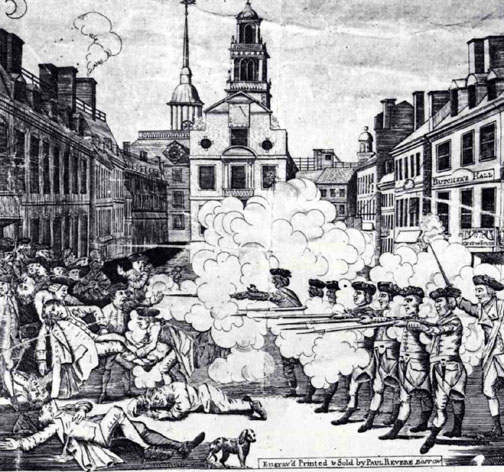Herd on the Street
- by Bruce E. McKinney

Change is inevitable
eBay is an emerging factor in this equation but we are only beginning to understand how their total listings and sales are affecting the market. They provide a theoretical clearing-house for books of all descriptions and price ranges. But what percentage of the material posted for auction actually sells? How much is recycled? Do the posted minimum bids make sense? I’ve seen absurd required minimum bids that undermine my confidence in the legitimacy and logic of these auctions. And does it really make sense to offer important books without warning or notice to whoever happens to find out they are up for sale? For every $100,000 book that makes it to the front page of the New York Times there are going to be 500 books worth $1,000 that interested buyers never learn about. eBay is a highly professional site but its booksellers are independent agents and their descriptions unvetted. If an established book auction house makes a statement I accept it knowing that if the statement is later proven untrue they will stay in the discussion all the way to a resolution. On eBay they use feedback and suasion but lack, at least for the moment, the third party authentication that traditional book auctions offer. You can argue over what is the appropriate commission rate an auction house should charge but no buyer ever argues for less service. Traditional auction houses authenticate the books they offer and eBay, so far, doesn’t. In time it, or third party agents, will. It’s as inevitable as it is necessary.
The various emerging markets provide healthy evidence of pressure on the selling side. There are books to sell. The unresolved portion of the equation is the buyers. For book buyers the evidence of price needs to be in the same form they will use when they sell. If a dealer’s asking price is not set in the context of past and/or current prices, the interested potential buyer can not tell if it is makes sense. The collector, if they expect to be patient re-sellers, can estimate internet listing site realizations as their best case reselling option to decide if a price makes sense. Often, without that confirmation, a buyer is better off looking for something else. If the collector expects to sell at a primary auction they will receive immediate cash but must let the evidence of auction realizations be their benchmarks for purchasing. And these prices are often lower than the “make a wish” listing prices on the net. As book buyers become able to see both their way in and way out and to observe the transaction costs, directly and by proxy, they can establish their own valuations of material and be guided in their buying decisions by these limits. With this knowledge comes a strong desire to collect. Simply stated, knowledge overcomes fear and encourages participation. Such informed thinking will be the hallmark of the best collectors in the decades ahead and it will be the basis for a building of collector interest to match and ultimately exceed the current seller pressure. Today it is not that the material that is offered is uninteresting. Rather it is that its value is not easily understood. This will change as a precondition to a rebounding and much broader rare book market.